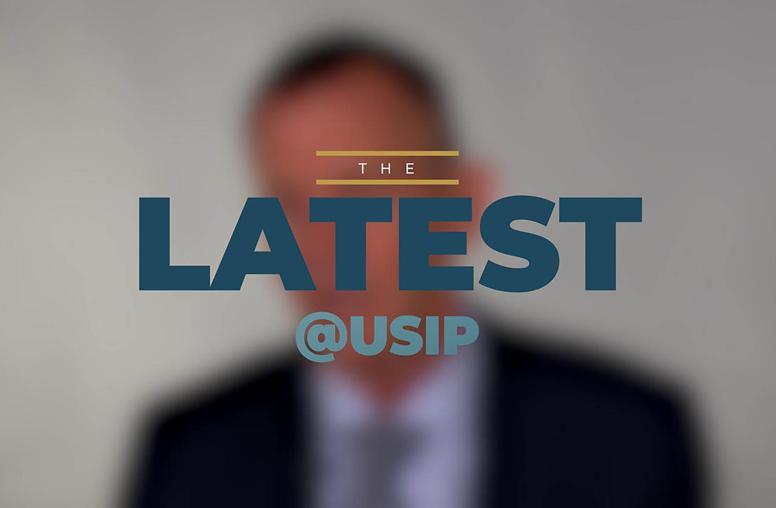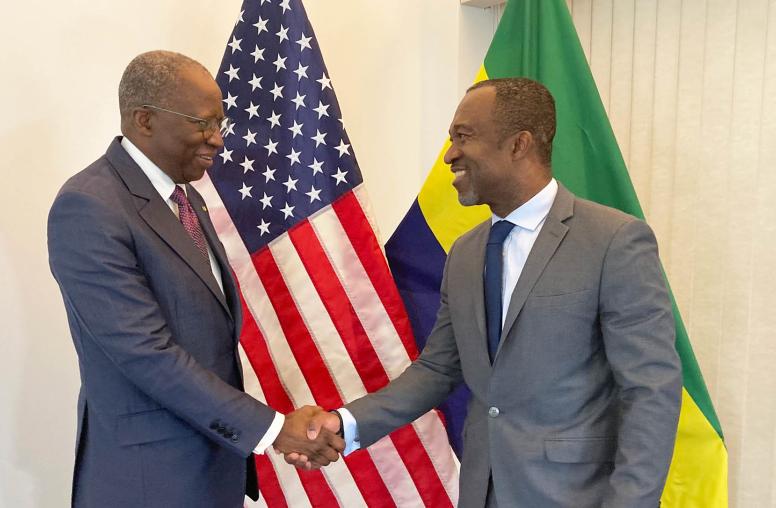Breaking Away from Economic Dependency in Africa
Conversation with U.N. Assistant Secretary-General Ahunna Eziakonwa
Read the event coverageThe war in Ukraine, the socioeconomic fallout of the COVID-19 pandemic, and the impacts of climate change all threaten Africa's development progress, including the 2030 U.N. Sustainable Development Goals and the African Union's Agenda 2063. This trifecta of crises has instigated or exacerbated trade disruption, food and fuel price spikes, macroeconomic instability, and security challenges — with vulnerable groups bearing a heavy brunt of the swift and hard-hitting effects. Left unchecked, the situation could trigger social tensions, undermine democratization, and fuel political instability. But while these concerns are well-founded, the current upheaval also offers African countries the chance to build economic and other capacities from within.
English
French
The Russian-Ukrainian war, in particular, has upended long-term trends on the continent. Although some African countries may benefit from a shift in global markets away from Russia, the short-term impact on economic livelihoods could be devastating. As it stands, debt distress and economic inequality stand to increase — factors that could constrain overall economic activity on the continent. Meanwhile, the war also has major implications for pan-African solidarity and adherence to multilateralism, as weakened multilateralism in Africa would unravel significant development progress achieved over the past few decades and roll back gains made in fighting COVID-19 globally.
On June 14, USIP held a conversation on how Russia’s invasion of Ukraine, the COVID-19 pandemic, and climate change have shifted Africa’s development situation. The discussion also looked at how the international development community can collaborate with the continent so that Africans exit this turbulent period with a newfound capacity for developing their own economic future.
Take part in the conversation on Twitter with #AfricasEconomicFuture.
Speakers
Joseph Sany, welcoming remarks
Vice President, Africa Center, U.S. Institute of Peace
Ambassador Johnnie Carson
Senior Advisor, Africa Center, U.S. Institute of Peace
Ms. Ahunna Eziakonwa
U.N. Assistant- Secretary- General; U.N. Development Programme’s Assistant Administrator and Regional Bureau for Africa Director
Oge Onubogu, moderator
Director, West Africa Programs, U.S. Institute of Peace



